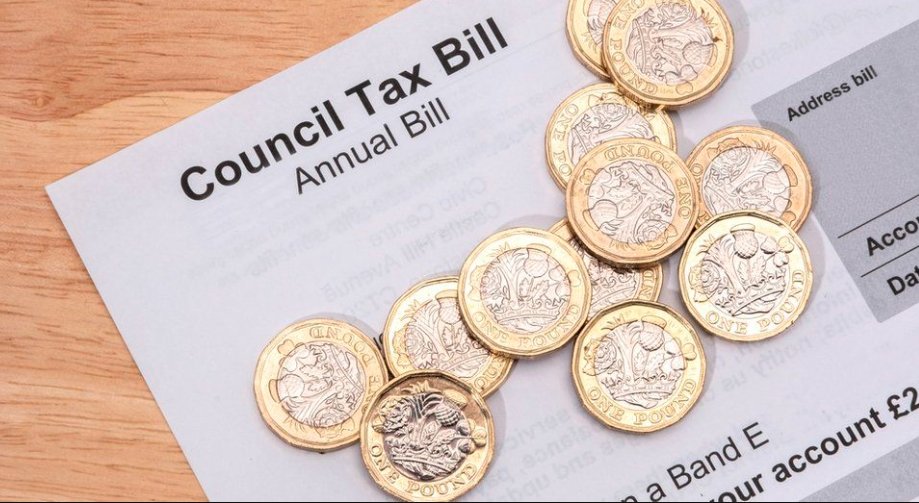Local authorities in Scotland are at risk of running out of money if the Scottish government does not increase their funding, according to the Convention of Scottish Local Authorities (Cosla). The council body issued a pre-Budget warning ahead of the Scottish budget on 19 December, saying that councils need nearly £14.4bn in the budget just to “stand still”.
Council tax freeze adds to pressure
Cosla’s warning comes after First Minister Humza Yousaf announced a council tax freeze at the SNP party conference in October, without consulting the council leaders. Cosla says this policy, along with the impact of inflation, means local authorities need almost £14.4bn in their 2024/25 budgets to “stand still”. No details have emerged yet on how much money local authorities will get to compensate for the council tax freeze, but the government insists the policy will be fully funded.
Cosla’s resources spokeswoman, Katie Hagmann, said that “tough choices” could mean essential services local authorities provide “will cease”. She said: “Sadly, our reality right now is an extremely challenging financial climate coupled with years of real-terms cuts to council budgets, while additional policy commitments are continually being introduced. If this situation doesn’t start to improve soon, it will mean tough choices being made and the many essential services councils provide will cease – services that not only address problems on the ground, but actively prevent bigger issues occurring down the line.”

She said Cosla had been “clear that cutting staff isn’t the answer” and without “adequate and sustainable funding” councils will not be able to help tackle poverty, support efforts towards net zero or provide “sustainable public services”.
English councils face bankruptcy
Cosla’s warning also follows the recent cases of two English councils that effectively declared themselves bankrupt. Both Birmingham and Nottingham city councils have issued Section 114 notices, which prevent spending on virtually everything apart from statutory services. Cosla stated: “There is a risk this becomes the reality for Scottish councils if the funding by Scottish government does not match growing cost pressures.”
Scottish councils are under a legal duty to produce a balanced budget each year. As such, they cannot go bankrupt in the true sense. If necessary they can use their cash reserves to produce balanced budgets although the reserves of some councils are getting low. But what would happen if a council failed to agree a budget? A chain of call-ins via external auditors could ultimately see government civil servants taking over.
Scottish government responds
The Scottish government said it was facing “the most challenging budget settlement since devolution” as a result of high inflation and a UK government autumn statement that “failed to deliver the investment needed” in Scotland’s public services. A spokesperson said: “The Scottish Government has increased the resources available to local government in 2023-24 by more than £793m, a real-terms increase of £376m or 3%, compared to the 2022-23 Budget figures. Decisions on local government budget allocations for future years are subject to the outcome of negotiations with Cosla, the results of which will be confirmed in future Scottish budgets.”
Scottish Conservative finance spokesperson, Liz Smith MSP, said Cosla’s warning was a “damning indictment on years of brutal SNP cuts”. She added: “Scotland’s local authorities have been struggling to provide core services for years now and it appears they may finally be nearing breaking point.”


















